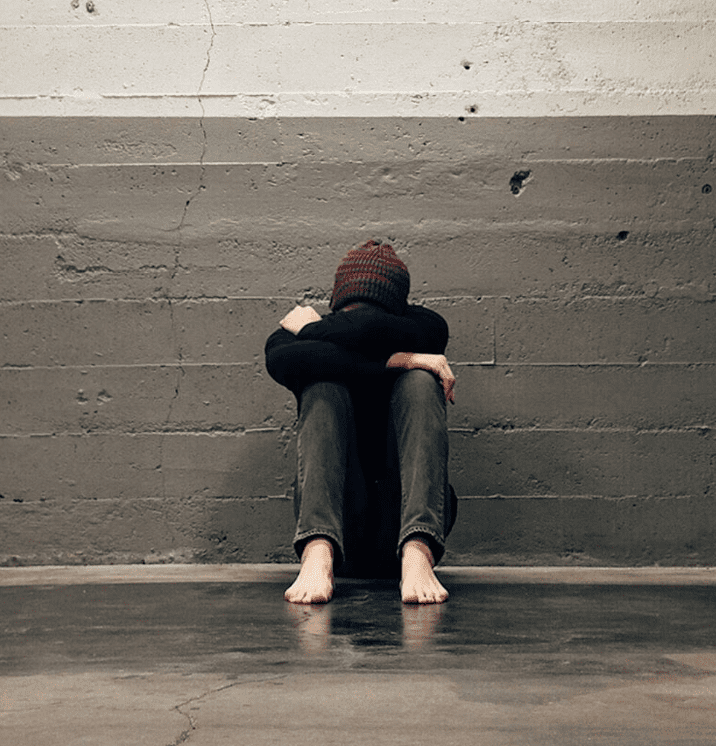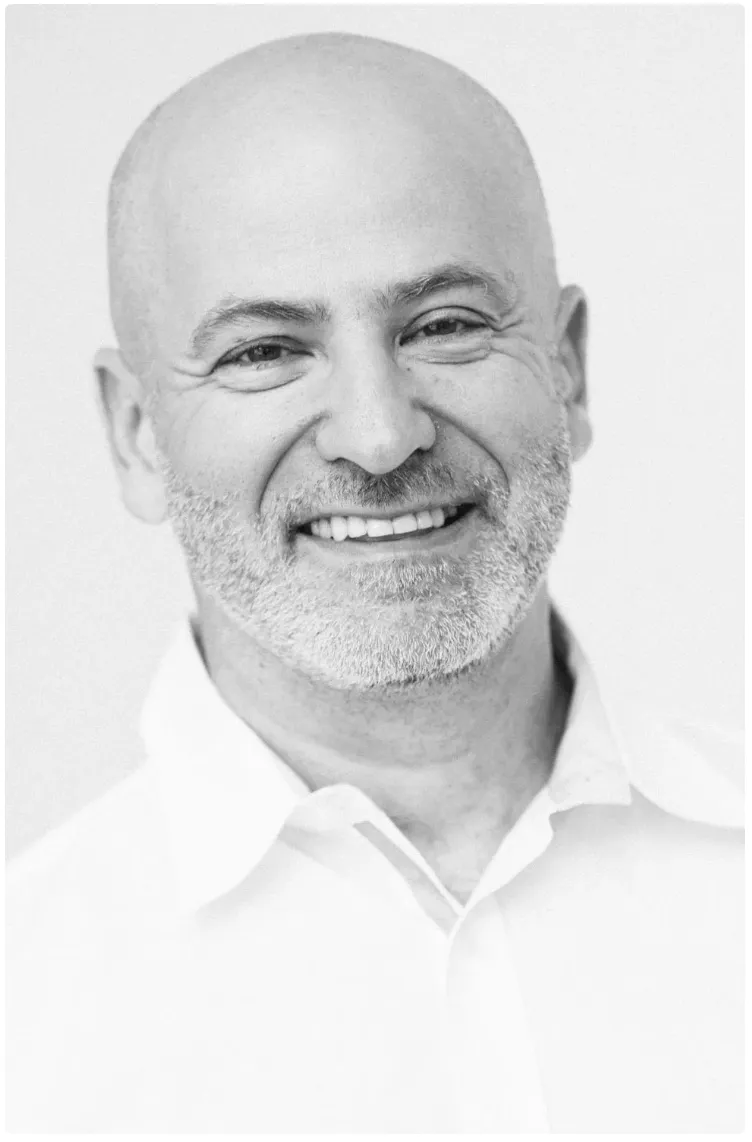How Does Anxiety Feel?
Anxiety is often misunderstood. Many people equate it with fear—fear of public speaking, social interactions, flying, or even open spaces. These forms of anxiety can be extreme, manifesting as phobias or panic attacks. But anxiety is more than just fear. In fact, it often shows up in unexpected and confusing ways.
For some, anxiety feels like emotional overload—even positive events can feel overwhelming. For others, it doesn’t seem emotional at all. Instead, it may show up physically: dizziness, lightheadedness, shortness of breath, frequent headaches, or digestive discomfort. It might even feel like a performance issue—difficulty focusing, restlessness, or constantly jumping from task to task.
Because anxiety manifests in such varied and unusual ways, it’s often misdiagnosed. People may be treated for physical ailments or separate mental health issues, but without addressing the underlying anxiety, these treatments provide little lasting relief—and can sometimes make things worse.
That’s why the first step in treating anxiety is getting a clear, accurate diagnosis from a specialist. A proper diagnosis builds trust in the process, and most importantly, restores a sense of hope—hope that a resolution is possible.
Once a diagnosis is made, the next step is identifying the root cause of your specific anxiety. With that solid foundation, hope evolves into assurance. A targeted treatment plan can be developed, clear benchmarks for progress established, and the path to relief becomes one of clarity and confidence.




